Game changing role in auto market: Electrified vehicles are in a good position to play a more important role for automakers and dealers as the U.S. new vehicle market continues to slip. Yesterday, the Federal Reserve reported that U.S. factory output slipped by 0.4% last month, a big drop from 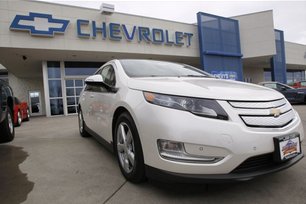 the 1.1% increase in April. The dip in manufacturing ties into increasing production cuts in the auto industry. Analysts warn that more job cuts are in the works if car sales don’t continue declining. General Motors has announced it will extend its usual two-week shutdown this summer to five weeks at some plants in the Midwest. During May auto sales, the auto industry saw a streak of declining sales for five straight months. HybridCars.com reported that as of the end of May, all three electrified vehicle segments were up substantially over the previous year. Year-to-date sales for hybrids were up 10.5%, plug-in hybrids were up 48%, and battery electric vehicles increased by a third over the first five months of 2016. That presents big opportunities for the auto industry to increase electrified vehicle sales and see more profits, and to up the small share that electrified vehicles make of total U.S. new vehicle sales.
the 1.1% increase in April. The dip in manufacturing ties into increasing production cuts in the auto industry. Analysts warn that more job cuts are in the works if car sales don’t continue declining. General Motors has announced it will extend its usual two-week shutdown this summer to five weeks at some plants in the Midwest. During May auto sales, the auto industry saw a streak of declining sales for five straight months. HybridCars.com reported that as of the end of May, all three electrified vehicle segments were up substantially over the previous year. Year-to-date sales for hybrids were up 10.5%, plug-in hybrids were up 48%, and battery electric vehicles increased by a third over the first five months of 2016. That presents big opportunities for the auto industry to increase electrified vehicle sales and see more profits, and to up the small share that electrified vehicles make of total U.S. new vehicle sales.
Lyft goes renewable: Ride-hailing firm Lyft has set a big target over the next eight years – to provide one billion rides per year using electric, autonomous vehicles. Lyft want to see all of the electric rides to eventually be powered by renewable energy. The company will be purchasing renewable energy certificates to offset emissions from the fueling of its electric autonomous vehicles with gasoline. It will take several years for its fleet to be electrified and for renewable energy to make up a large part of energy in the U.S. But as battery-powered technology matures, Lyft expects “the vast majority of the vehicles on our platform will be electric,” the company said.
VW settlement: California Governor Jerry Brown will likely sign a bill that directs Volkswagen to spend a portion of its Electrify America in disadvantaged communities in the state. It’s part of a larger 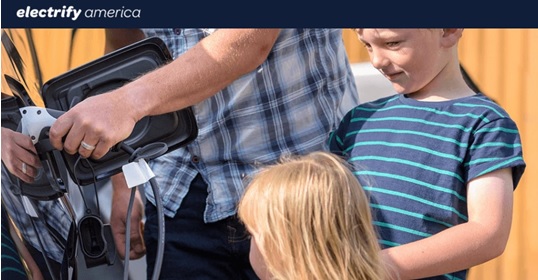 budget package that Brown had already agreed to sign. Critics of VW’s recent plan said that the first $200 million, of the $800 million to be spent in California from the settlement, could give the German automaker a competitive advantage over other automakers and charging station makers; and it would ignore low-income communities in a state that has become committed to improving air quality in disadvantaged communities that are hardest hit by polluting vehicles such as heavy-duty trucks coming from ports.
budget package that Brown had already agreed to sign. Critics of VW’s recent plan said that the first $200 million, of the $800 million to be spent in California from the settlement, could give the German automaker a competitive advantage over other automakers and charging station makers; and it would ignore low-income communities in a state that has become committed to improving air quality in disadvantaged communities that are hardest hit by polluting vehicles such as heavy-duty trucks coming from ports.

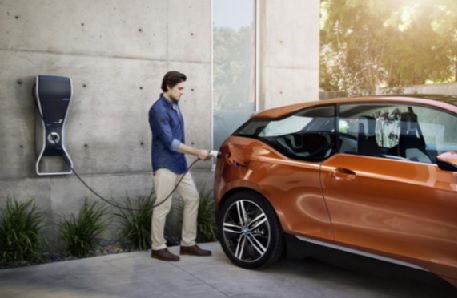 electric vehicles to become more competitive with conventional gasoline powered vehicles. A new report written by Brandon Schoettle and Michael Sivak of University of Michigan, finds a few market forces driving change. With prices of the vehicles coming down and the cost of the electricity used in charging remaining low and stable, coupled with rising interest among car shoppers and an increasing number of charging locations, plug-in electrified vehicles are becoming more competitive for replacing convention vehicles for most U.S. drivers in the relatively near future.
electric vehicles to become more competitive with conventional gasoline powered vehicles. A new report written by Brandon Schoettle and Michael Sivak of University of Michigan, finds a few market forces driving change. With prices of the vehicles coming down and the cost of the electricity used in charging remaining low and stable, coupled with rising interest among car shoppers and an increasing number of charging locations, plug-in electrified vehicles are becoming more competitive for replacing convention vehicles for most U.S. drivers in the relatively near future.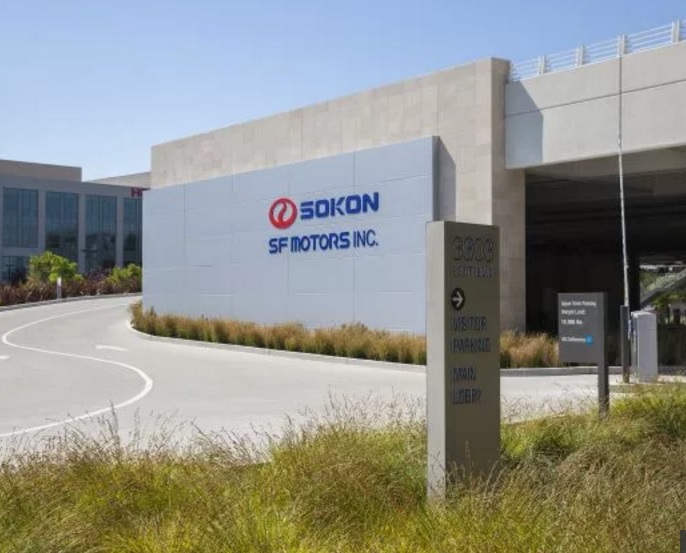 with its headquarters office in Santa Clara, Calif., and a development facility in Ann Arbor, Mich. Tesla co-founder Martin Eberhard will be part of launching the new SF Motors brand, which will be manufacturing and selling its own electric passenger vehicles. The parent company, Chongqing Sokon Industry Group Co., offers Sokon vehicles with internal combustion engines and fleet applications – small utility trucks, vans, and buses. More will be revealed in the next few months on SF Motors and its vehicle lineup.
with its headquarters office in Santa Clara, Calif., and a development facility in Ann Arbor, Mich. Tesla co-founder Martin Eberhard will be part of launching the new SF Motors brand, which will be manufacturing and selling its own electric passenger vehicles. The parent company, Chongqing Sokon Industry Group Co., offers Sokon vehicles with internal combustion engines and fleet applications – small utility trucks, vans, and buses. More will be revealed in the next few months on SF Motors and its vehicle lineup.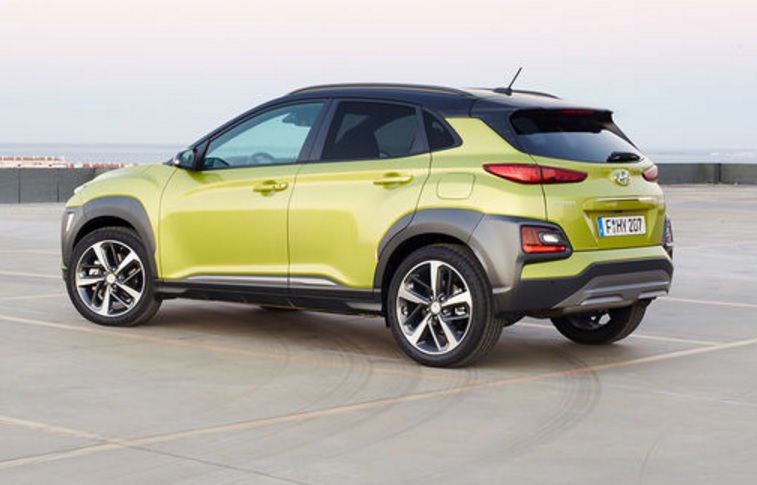 electrified options will be available and if any of those variations will come to the U.S. The all-electric model is supposed to come out in 2018 and will have range of about 240 miles; though that will likely be fewer miles in the U.S. under the Environmental Protection Agency rating. “Clean mobility is a core strategy of the Hyundai Motor Company in the future,” the company said during unveiling of the Kona in Seoul. It could join the Ionic as part of the Korean automaker’s ambitious global strategy for green vehicle introductions. All three electrified versions of the Ioniq were displayed on the freeway side of the Hyundai’s U.S. headquarters office recently.
electrified options will be available and if any of those variations will come to the U.S. The all-electric model is supposed to come out in 2018 and will have range of about 240 miles; though that will likely be fewer miles in the U.S. under the Environmental Protection Agency rating. “Clean mobility is a core strategy of the Hyundai Motor Company in the future,” the company said during unveiling of the Kona in Seoul. It could join the Ionic as part of the Korean automaker’s ambitious global strategy for green vehicle introductions. All three electrified versions of the Ioniq were displayed on the freeway side of the Hyundai’s U.S. headquarters office recently.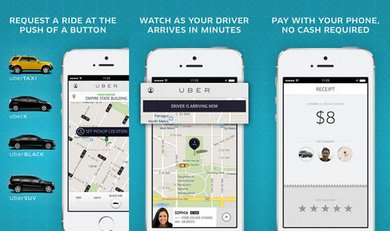 having one woman on the board often leads to more women joining, Bonderman said, “Actually, what it shows is that it’s much more likely to be more talking.” This followed news of CEO Travis Kalanick taking a leave of absence from the company, and a plan released by the company Tuesday that more accountability will be brought to executives for their actions. Huffington has been part of a panel investigating allegations made by a female ex-employee back in February over sexual harassment by an Uber executive. Earlier this month, Uber fired 20 employees over harassment, discrimination, and inappropriate behavior stemming from the February blog post by the female ex-employee. This has been a stormy year for Uber that includes an intensive court room battle with Alphabet’s Waymo subsidiary in its claims against Uber stealing its intellectual property for self-driving cars. Uber’s main U.S. competitor, Lyft, seems to be benefiting from the storm Uber is under, and continues to add partner companies to its future.
having one woman on the board often leads to more women joining, Bonderman said, “Actually, what it shows is that it’s much more likely to be more talking.” This followed news of CEO Travis Kalanick taking a leave of absence from the company, and a plan released by the company Tuesday that more accountability will be brought to executives for their actions. Huffington has been part of a panel investigating allegations made by a female ex-employee back in February over sexual harassment by an Uber executive. Earlier this month, Uber fired 20 employees over harassment, discrimination, and inappropriate behavior stemming from the February blog post by the female ex-employee. This has been a stormy year for Uber that includes an intensive court room battle with Alphabet’s Waymo subsidiary in its claims against Uber stealing its intellectual property for self-driving cars. Uber’s main U.S. competitor, Lyft, seems to be benefiting from the storm Uber is under, and continues to add partner companies to its future.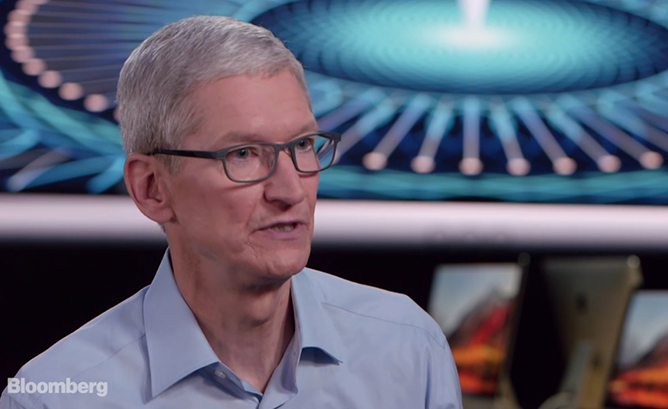 speculation over whether Apple will one day take its secret Project Titan electric autonomous car to its own factories. Cook wouldn’t speak to that topic, but did admit that autonomous vehicles is one of three technologies directing artificial intelligence in Silicon Valley – up there with electric vehicles and ride-hailing services. “We sort of see it as the mother of all AI projects,” Cook said. “It’s probably one of the most difficult AI projects actually to work on.”
speculation over whether Apple will one day take its secret Project Titan electric autonomous car to its own factories. Cook wouldn’t speak to that topic, but did admit that autonomous vehicles is one of three technologies directing artificial intelligence in Silicon Valley – up there with electric vehicles and ride-hailing services. “We sort of see it as the mother of all AI projects,” Cook said. “It’s probably one of the most difficult AI projects actually to work on.”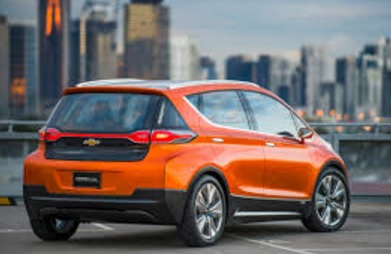 now capable of mass producing autonomous Bolts and other self-driving models. CEO Mary Barra has said GM is the only automaker capable of building high-volume autonomous vehicles in its assembly plant. GM will also working with ride-hailing firm Lyft on testing these vehicles with Lyft drivers.
now capable of mass producing autonomous Bolts and other self-driving models. CEO Mary Barra has said GM is the only automaker capable of building high-volume autonomous vehicles in its assembly plant. GM will also working with ride-hailing firm Lyft on testing these vehicles with Lyft drivers.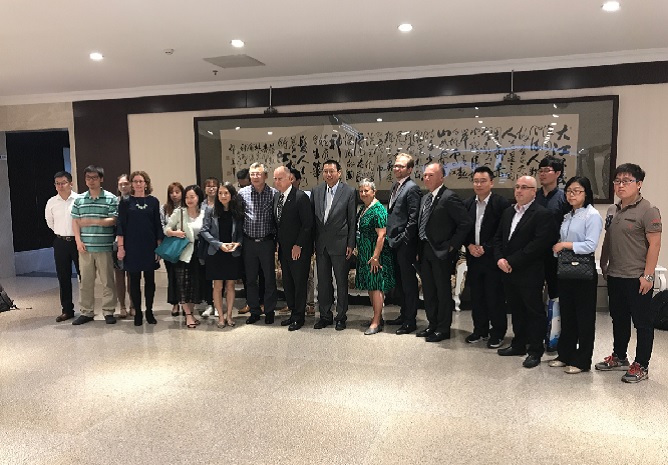 away from the Paris climate change accord. Governor Jerry Brown and California Air Resources Board chair Mary Nichols met with officials from China’s leading automakers and battery manufacturers this week in an effort to expand cooperation and accelerate deployment of zero-emission cars, trucks, and buses. A new working group was formed through the China-US ZEV Policy Lab at UC Davis to expand cooperation with Chinese vehicle and batter makers. The lab comes from a partnership established in 2014 between UC Davis Institute of Transportation Studies and the China Automotive Technology and Research Center. Brown and Nichols have been touring China this week as the nation prepares to adopt the state’s ZEV policy with credits for automakers to purchase and trade for meeting emissions rules.
away from the Paris climate change accord. Governor Jerry Brown and California Air Resources Board chair Mary Nichols met with officials from China’s leading automakers and battery manufacturers this week in an effort to expand cooperation and accelerate deployment of zero-emission cars, trucks, and buses. A new working group was formed through the China-US ZEV Policy Lab at UC Davis to expand cooperation with Chinese vehicle and batter makers. The lab comes from a partnership established in 2014 between UC Davis Institute of Transportation Studies and the China Automotive Technology and Research Center. Brown and Nichols have been touring China this week as the nation prepares to adopt the state’s ZEV policy with credits for automakers to purchase and trade for meeting emissions rules.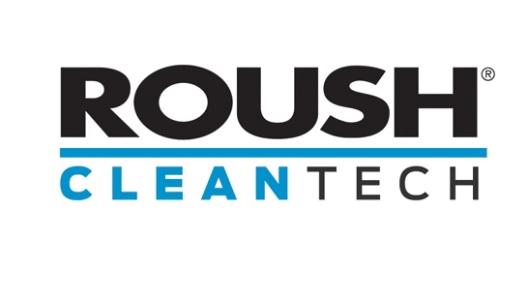 certified to the optional low nitrogen oxide (NOx) level .05 g/bhp-hr. These new U.S. Environmental Protection Agency- and California Air Resources Board-certified propane engines are 75% cleaner than the current emissions standard. “Roush CleanTech’s low NOx engine is a great step forward for the propane industry,” said Tucker Perkins, president of the Propane Education & Research Council. “Propane autogas is well established as an economical, clean-burning and domestically produced alternative fuel ideal for fleets. Now propane gets the biggest return on NOx reductions, too.”
certified to the optional low nitrogen oxide (NOx) level .05 g/bhp-hr. These new U.S. Environmental Protection Agency- and California Air Resources Board-certified propane engines are 75% cleaner than the current emissions standard. “Roush CleanTech’s low NOx engine is a great step forward for the propane industry,” said Tucker Perkins, president of the Propane Education & Research Council. “Propane autogas is well established as an economical, clean-burning and domestically produced alternative fuel ideal for fleets. Now propane gets the biggest return on NOx reductions, too.”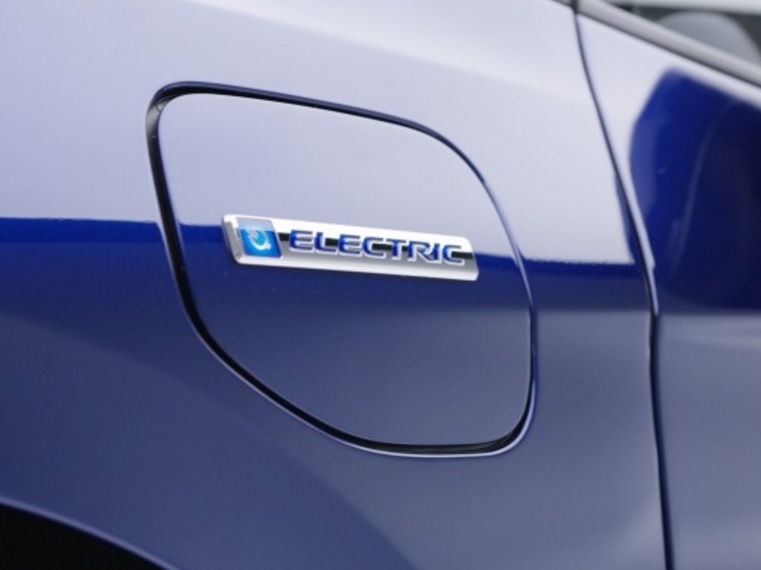 company will release a China-specific electric vehicle in 2018. Another EV made for global markets will be launched this fall at an auto show,
company will release a China-specific electric vehicle in 2018. Another EV made for global markets will be launched this fall at an auto show, 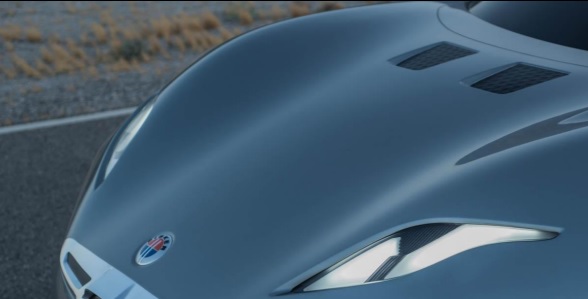 EMotion all-electric sports car. One of the tricks to getting up to the 400-miles per range will be lightening up the car, and it will be safer through patented crash design. The company now has a patent on the Emotion’s frontal crash structure that it says exceeds current minimum standards for occupant protection. The starting price has been set at $129,900 and it will be launched soon, with more details coming out this month.
EMotion all-electric sports car. One of the tricks to getting up to the 400-miles per range will be lightening up the car, and it will be safer through patented crash design. The company now has a patent on the Emotion’s frontal crash structure that it says exceeds current minimum standards for occupant protection. The starting price has been set at $129,900 and it will be launched soon, with more details coming out this month.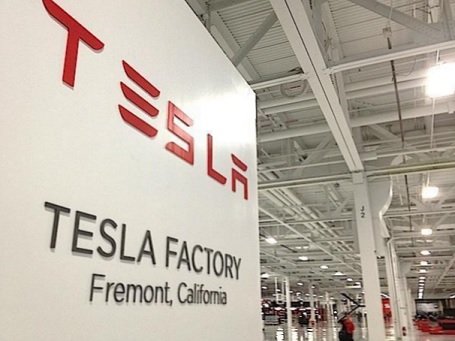 during yesterday’s annual shareholder meeting. The company may need to build at least three and
during yesterday’s annual shareholder meeting. The company may need to build at least three and 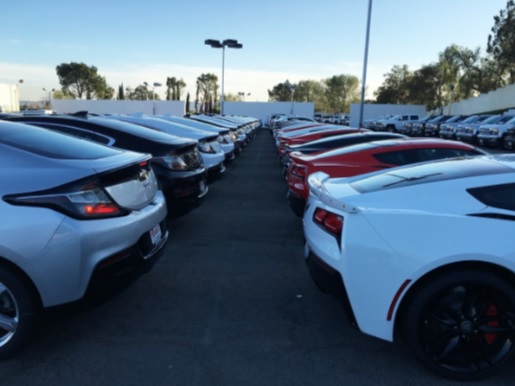 was next to zero just five years earlier; however it’s still just 0.2% of light-duty vehicles, according to the report. Last year saw a surge in sales – 60% more than in 2015, with much of that taking place in China. “China was by far the largest electric car market, accounting for more than 40% of the electric cars sold in the world and more than double the amount sold in the United States,” the IEA wrote in the report. “It is undeniable that the current electric car market uptake is largely influenced by the policy environment.”
was next to zero just five years earlier; however it’s still just 0.2% of light-duty vehicles, according to the report. Last year saw a surge in sales – 60% more than in 2015, with much of that taking place in China. “China was by far the largest electric car market, accounting for more than 40% of the electric cars sold in the world and more than double the amount sold in the United States,” the IEA wrote in the report. “It is undeniable that the current electric car market uptake is largely influenced by the policy environment.”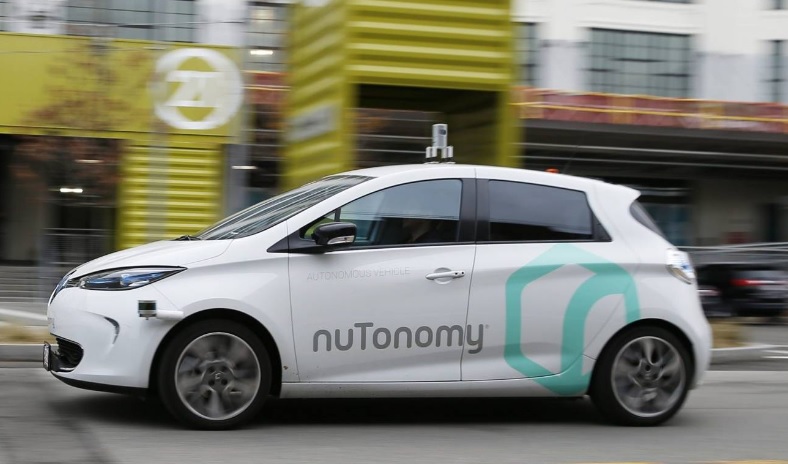 demonstration to begin in the next few months. The study will examine the passenger experience during self-driving rides as the electric cars travel through certain neighborhoods in Boston. Lyft has been forging other alliances in the autonomous vehicle front – including an upcoming project with shareholder General Motors and another one with Waymo. Ride-hailing giant Uber had taken the lead on that front starting last year with a Pittsburgh pilot project that included passengers getting rides; but Uber has distanced itself from Pittsburgh and is focusing on test rides in Arizona.
demonstration to begin in the next few months. The study will examine the passenger experience during self-driving rides as the electric cars travel through certain neighborhoods in Boston. Lyft has been forging other alliances in the autonomous vehicle front – including an upcoming project with shareholder General Motors and another one with Waymo. Ride-hailing giant Uber had taken the lead on that front starting last year with a Pittsburgh pilot project that included passengers getting rides; but Uber has distanced itself from Pittsburgh and is focusing on test rides in Arizona.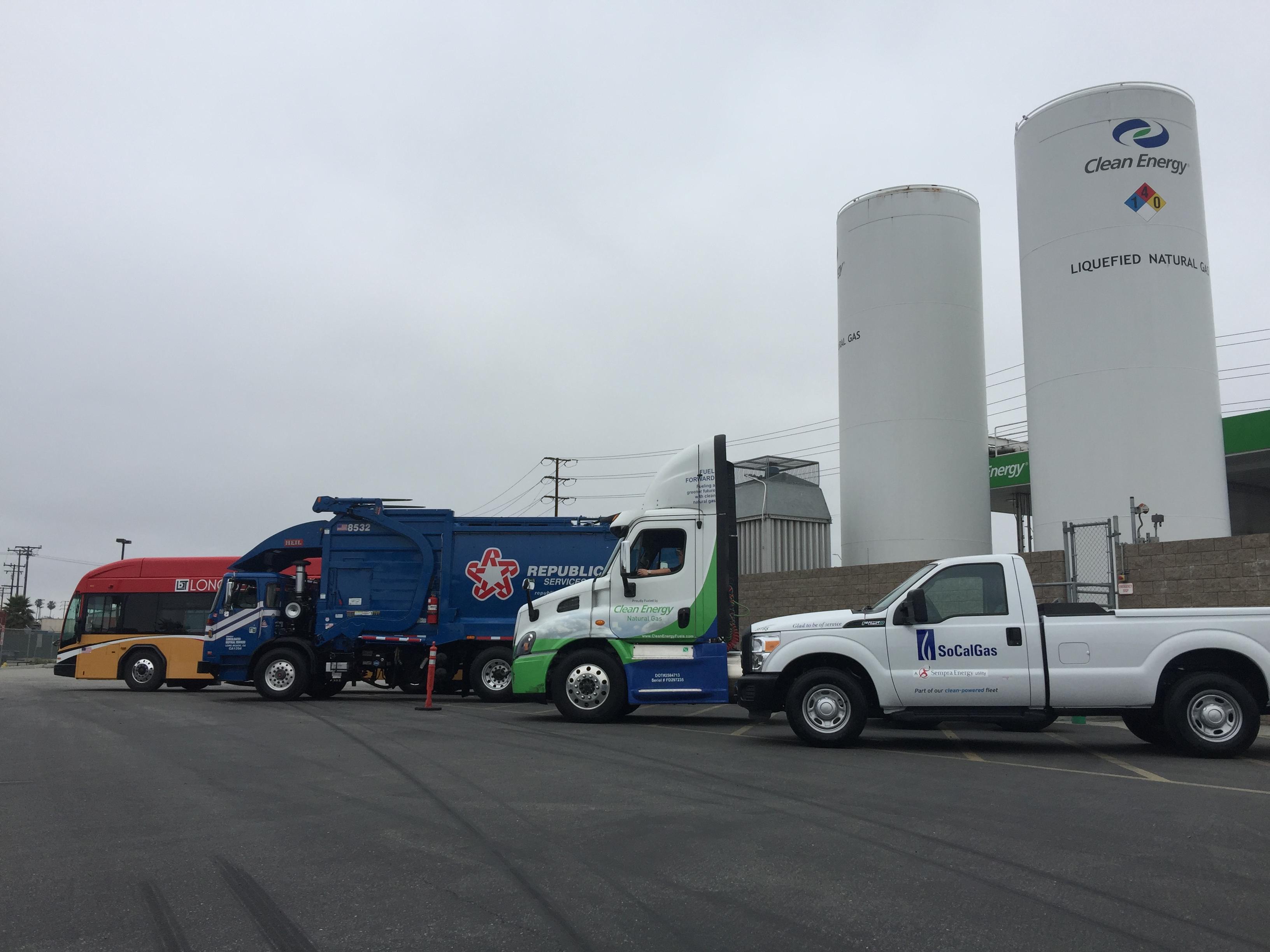 from California to Washington, D.C. The trip was kicked off by representatives from the California Natural Gas Vehicle Coalition (CNGVC), which is calling for the adoption of low nitrous oxide emissions heavy-duty truck technology powered by renewable natural gas in the Clean Air Action Plan of the San Pedro Bay Ports. That, called
from California to Washington, D.C. The trip was kicked off by representatives from the California Natural Gas Vehicle Coalition (CNGVC), which is calling for the adoption of low nitrous oxide emissions heavy-duty truck technology powered by renewable natural gas in the Clean Air Action Plan of the San Pedro Bay Ports. That, called 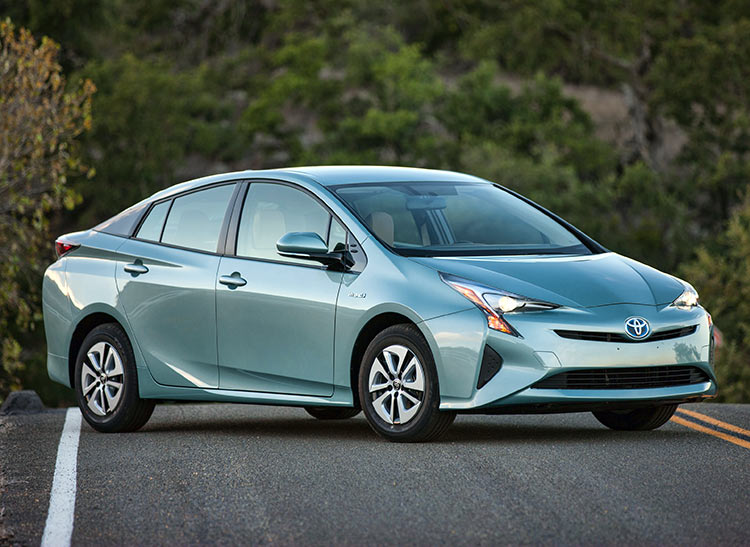 How plug-in sales performed: The Toyota Prius Prime led U.S. plug-in vehicle sales for the second month in a row, beating the Chevy Volt 1,908 units sold over 1,817, respectively. The Volt barely nudged out the Tesla Model X, which came in at an estimated 1,800 units sold last month,
How plug-in sales performed: The Toyota Prius Prime led U.S. plug-in vehicle sales for the second month in a row, beating the Chevy Volt 1,908 units sold over 1,817, respectively. The Volt barely nudged out the Tesla Model X, which came in at an estimated 1,800 units sold last month, 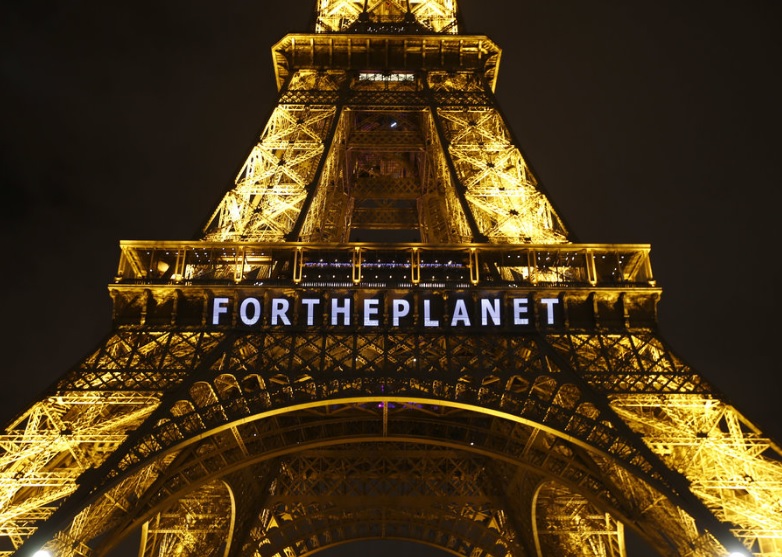 Reactions to Trump on Paris climate accord: Cities, states, and major corporations are staying committed to backing the Paris climate change agreement after President Donald Trump said yesterday that the U.S. will be leaving it. Tesla CEO Elon Musk is stepping down from Trump’s economic advisory panel over it, while Apple, Google, Twitter, Amazon, Facebook, Microsoft, IBM, and other companies have issued statements that climate change is an urgent threat that requires a global effort to combat. As of yesterday, an unnamed group that includes 30 mayors, three governors, more than 80 university presidents, and more than 100 businesses, has gone directly to the U.N. to back the Paris climate accord.
Reactions to Trump on Paris climate accord: Cities, states, and major corporations are staying committed to backing the Paris climate change agreement after President Donald Trump said yesterday that the U.S. will be leaving it. Tesla CEO Elon Musk is stepping down from Trump’s economic advisory panel over it, while Apple, Google, Twitter, Amazon, Facebook, Microsoft, IBM, and other companies have issued statements that climate change is an urgent threat that requires a global effort to combat. As of yesterday, an unnamed group that includes 30 mayors, three governors, more than 80 university presidents, and more than 100 businesses, has gone directly to the U.N. to back the Paris climate accord.